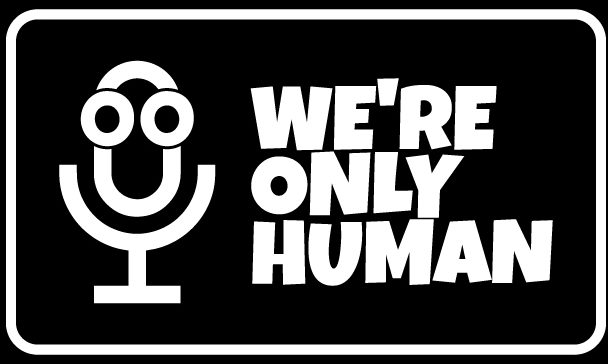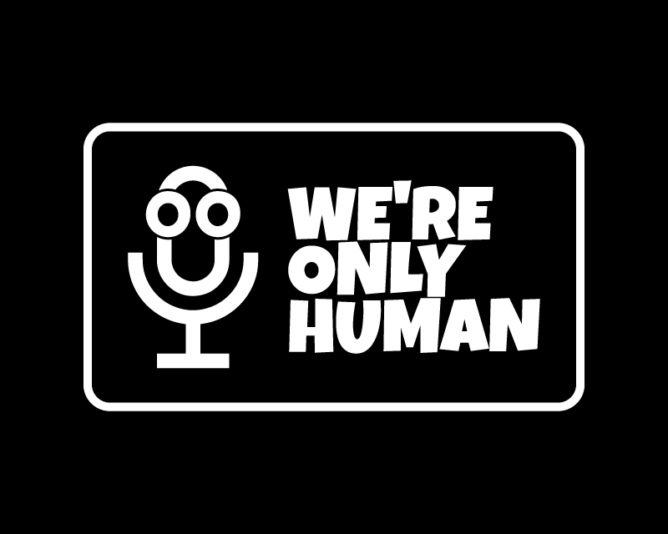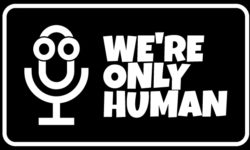Tried to find a new job lately? It’s easy to feel like a rat in a wheel, running faster and faster yet getting nowhere. Despite this being a candidate’s market, it’s easy to feel like you are never going to get ahead of the game.
In today’s conversation (click here to listen), Ben Eubanks interviews Terry Terhark, founder and CEO of randrr. randrr is a recruiting technology firm that is focused on meeting the needs of candidates and individuals by providing highly targeted job opportunities and career insights.
During the conversation, Ben and Terry discuss what’s wrong with recruiting today and how to meet the needs of today’s job seekers. In addition, Terry talks about the issues he sees that bleed across generational and demographic lines, hampering each company from being both efficient and effective with their recruiting efforts. Ben also points to some recent data from Lighthouse Research that focuses on talent acquisition priorities for 2017 and why they matter within the context of the conversation.
Here’s a brief snippet of the conversation:
Ben: So, would you say then that we're in a candidate’s market?
Terry: I definitely think recruiters understand that today. And it's not just in high pressure fields like we've seen traditionally such as nursing, software, etc. Now it’s crept into skilled trades, sales, and other areas.
There's tremendous pressure. Recruiters understand that it’s a candidate’s market, but from a company perspective they don’t necessarily realize that opinions have changed. Even today some of the statistics that we have gathered show that the process for job search or recruiting is disappointing and frustrating. Nearly three in four polled individuals said their online job search is frustrating. Company behavior and recruiter behavior has to change to fit that.
Ben: This definitely reminds us of the recent case study with Virgin Media. The company was losing tons of revenue because it treated its “silver medalists,†or candidates it didn't select, so poorly. Those individuals wouldn't even shop at the company after that treatment, but the company turned it around and really points to that as a huge revenue opportunity today.
Terry: That's the issue. We see that companies are getting an average of 150 resumes per posting. That's virtually impossible to qualitatively sift through, yet many technologies people use encourage more applications/submittals both for candidates and for employers, which compounds the problem…
Click here to listen to the episode and find out what the answer is to this and other problems facing companies today.
To find out more about randrr, be sure to check out http://randrr.com
Thanks everyone, as always, for checking out We’re Only Human. If you’d like to hear previous episodes just check out our archive at https://upstarthr.com/podcast


